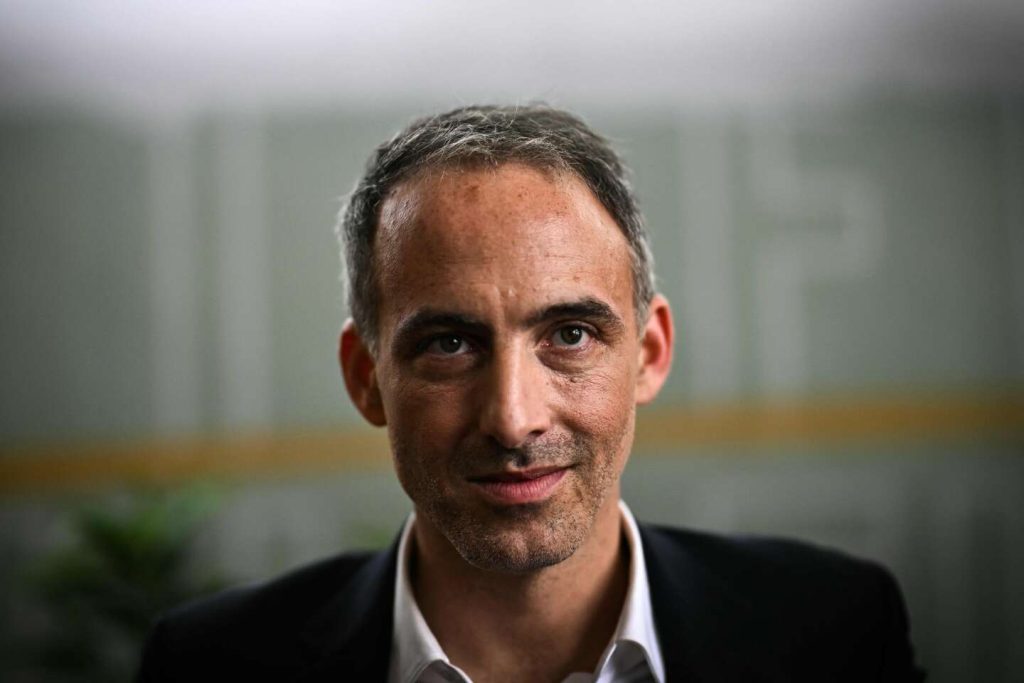Raphaël Glucksmann, the lead candidate of the joint Socialist Party and Place Publique list for the European elections, expressed his disappointment at being excluded from a debate scheduled for May 23 between Prime Minister Gabriel Attal and the candidate of the National Rally (RN), Jordan Bardella. Glucksmann criticized what he called a “false duel” between the far right and the president’s camp, which he believed was marginalizing the Macronist candidate Valérie Hayer. He questioned the decision to exclude his party from the debate, highlighting the need for public service to serve the public rather than the government.
Glucksmann warned against the risks involved in perpetuating a false binary between the government and the far right, emphasizing the dangers of focusing solely on Emmanuel Macron versus Marine Le Pen, or Gabriel Attal versus Jordan Bardella. Recent polls show the RN list led by Jordan Bardella at 32% of the vote, with the majority list of Valérie Hayer trailing at 17%, and Glucksmann’s list at 14%. This indicates a close race between the three main contenders in the European elections, with Glucksmann hoping for more visibility and participation in the political debate.
The upcoming debate between the Prime Minister and Jordan Bardella on May 23 has raised concerns over the exclusion of other candidates and the lack of diverse viewpoints being represented. The public television channel France 2 will host the debate, which comes as a response to President Macron’s call for more involvement from the government in the European election campaign. Glucksmann had already debated Bardella on April 12, but had not debated Hayer or Attal, underscoring the need for a more inclusive and diverse political conversation.
The exclusion of Glucksmann from the upcoming debate has sparked discussions about media representation and the need for balanced coverage of all political parties. Glucksmann’s criticism of the government and public service’s approach to organizing debates and allocating airtime highlights the ongoing challenges faced by smaller parties in gaining visibility and engaging with a wider audience. The dynamics of the election campaign remain uncertain, with the outcome likely to be influenced by the performance of candidates in debates and public appearances in the coming days.
As the European elections draw closer, the focus on debates and public appearances by candidates becomes increasingly crucial in shaping public opinion and influencing voter behavior. The diversity of viewpoints and the inclusion of all political parties in debates are essential for a fair and democratic electoral process. Glucksmann’s call for more visibility and participation in the political debate reflects a broader need for openness and diversity within the public sphere, ensuring that all voices are heard and represented in the democratic process.


